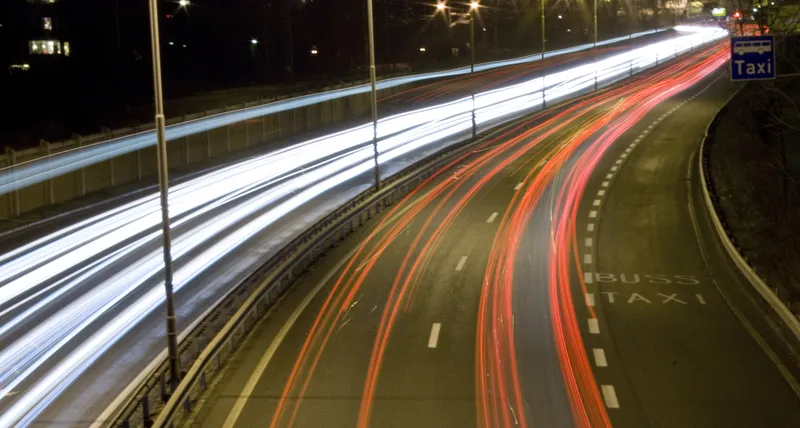The gantry will carry the radio beacons and cameras for number plate recognition as well as an optical vehicle classification system. The vehicle class and number of axles can be determined in free-flowing traffic using high-resolution video cameras and stereo video imaging processing technologies. The control centre will also apply plausibility algorithms based on database image processing methods to increase the efficiency of toll enforcement, the company says.
Kapsch adds that the toll collection technology comes with energy saving components which will reduce operating costs of the monitoring process.
The scope of the two-year project includes the modernisation of 387 toll gates, 72 monitoring stations and six main toll collection stations. In addition, 34 toll gates and four new monitoring stations have been built.
Meanwhile, since 2016 the company has also upgraded roadside infrastructure at around 500 locations and at the RSE proxy server which connects the equipment with the tolling back-office.
Subcontractors involved in the initiative include Forster (steel construction), Mehler (control cabinet construction), B&R (industrial computers), DBP and Eqos (installation services).
Kapsch finishes modernising Austrian GO toll collection system
Kapsch TrafficCom says its modernised Austria-wide toll collection system for trucks over 3.5 tonnes allows enforcement to be carried out through a single gantry. Highway and expressway operator Asfinag is now using the Go Maut 2.0.
The gantry will carry the radio beacons and cameras for number plate recognition as well as an optical vehicle classification system. The vehicle class and number of axles can be determined in free-flowing traffic using high-resolution video cameras and stereo video imaging p
August 31, 2018
Read time: 2 mins










